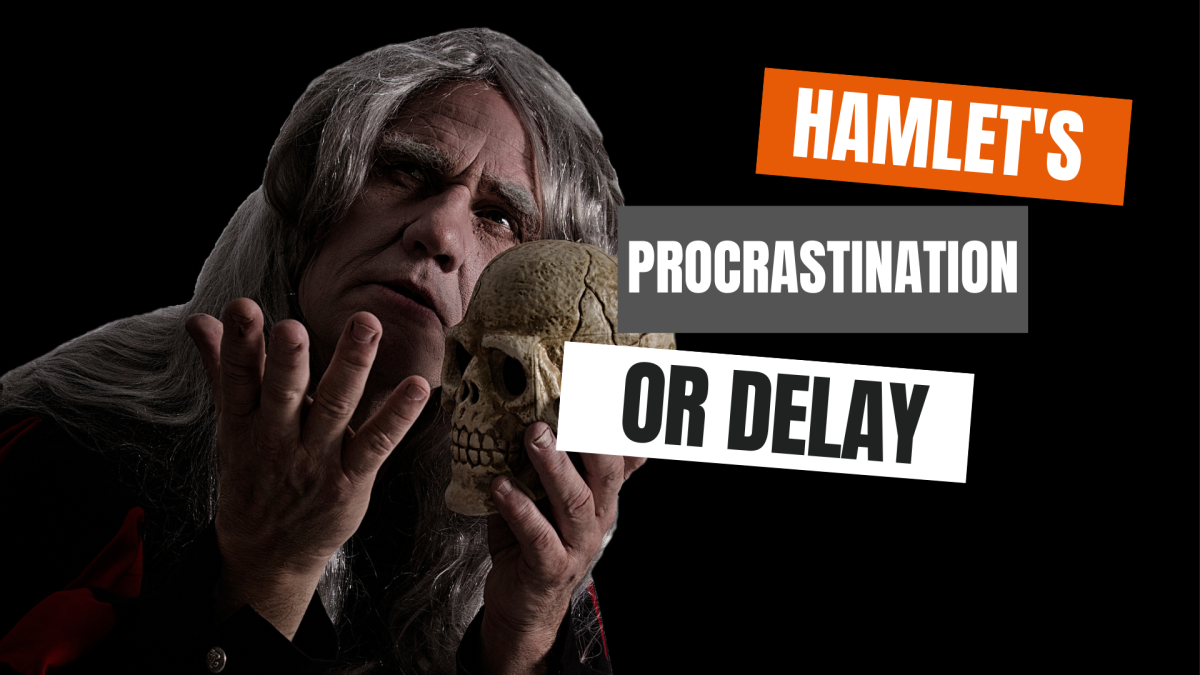- HubPages»
- Books, Literature, and Writing»
- Literature»
- English Literature
William Shakespeare's Macbeth: Study Questions on Key Motives
Whose idea was it to have Duncan murdered? What do we know about Macbeth's motives? What do we know about the three witches or Lady Macbeth?

Who wanted the Murder of King Duncan?
The death of King Duncan is the driving force within the play that sends both Lady Macbeth and Macbeth into a tailspin of insanity, even though they believed it to be their ultimate path to power. Macbeth is the one to literally kill Duncan; however it is Lady Macbeth who urges him at every turn, even pushing him, to ensure the deed is done. Thus, while Macbeth is responsible for the murder, Lady Macbeth was the mastermind behind it and must have some responsibility as well. Of course, the true masterminds behind the death of King Duncan are the three witches who made the prophecy in the first place. From there, Lady Macbeth’s ambition took over and she orchestrated Macbeth into a position where she could then coerce him into killing the king.
What are Macbeth's Motives?
How does he feel about the kingship? How does he respond to the witches’ prophecy? How certain is he of the plot he and Lady Macbeth devise?
It is no secret that Macbeth desires power and a rise in authority. He wants, just as Lady Macbeth does, to become the king. It is his life’s ambition. When he hears the prophecy by the witches that he will soon find himself thane, he is suspicious at first, but when it comes true, he becomes their faithful supporter, understanding that everything they say will now come true—including his assent to the throne. Thus, when he and Lady Macbeth begin their plotting to remove King Duncan, Macbeth goes into the plan will full confidence that it will succeed—his only hesitancy is that he has to be the one to murder the king.
What do we know about Lady Macbeth's Motives?
How does she feel about her and her husband’s plot to kill the king?
Lady Macbeth thrives on power. She understands very clearly that the only way for her beloved husband to have a chance at the throne is to remove the King of Scotland (Duncan) first. In the beginning, she plots against King Duncan without remorse, but, after the deed is done, she literally loses herself to the guilt of the murder and falls so far into insanity that she eventually kills herself. It can be said that she fell victim to her own ambitions, without realizing the consequences of her actions.
What are the Motives of the Three Witches?
Why do they have so much power over Macbeth? How do they gain his confidence? The three witches are symbolic of the hands of fate, as their only purpose within the play is to tangle the characters up into a web of their own dark weaving. They are portrayed as evil and in complete control. Indeed, the very purpose of their existence seems to be toying with Macbeth and his ambitions. In order to best control Macbeth, they use his ambition against him, making prophecies that come true (that he will be thane) and then that he will be crowned king. As their prophecies come to fruition, Macbeth becomes their faithful supporter. For Macbeth, the prophecy of becoming king is too much to resist and Lady Macbeth takes his hope and plots with him on how best to murder the king in order to make the prophecy come true.
Who has more Power: Lady Macbeth or Macbeth?
How do we know? Does Macbeth act on his own free will?
In the beginning, Lady Macbeth is the stronger of the two characters. Her ambition for Macbeth to have the crown is so powerful that she believes nothing can stop their rise to the throne. Macbeth is swept up by her ambitions, even doing as she orders and murdering King Duncan, despite some reservations. In this act, Macbeth does not act of his own free will. Indeed, his own ambition skews his sense of rationalization and he follows the orders of Lady Macbeth to fulfill the prophecy. After the grisly deed, Lady Macbeth falls victim to insanity and kills herself while Macbeth seems to thrive on the villainy that earned him the throne. Even in his moment of death, when he is beheaded on the battlefield by Malcolm the new king of Scotland, Macbeth never falters on his new path. He does struggle emotionally with the ideal of being an honorable king to his people, but his only response becomes the path of more violence and murder.
Which Character does an Audience Pity?
Lady Macbeth, in her moments of guilt, could have been redeemed as a character, while instead she commits suicide to end her emotional torture. It would be easy to pity her, but in truth, Macbeth is the more pitiable character because he never understands the evil that he has become. Macbeth, in his ambitions, is, in the end, destroyed by everything he sought to achieve. He too falls into insanity, but he is never redeemed from his actions, and only falls deeper into the crevice of villainy and destruction. Overall, Macbeth is difficult to pity because of the evil and violence that he commits, but this path was placed upon him by the witches who played with his ambitions, and then by his wife who understood that the prophecy was their one chance at the throne. Because of this, Macbeth becomes easier to pity because his transformation into evil was never truly his choice. His descent into madness was orchestrated by the witches and then by his own wife. He never had the chance to choose the path of honor and goodness because he was too easily manipulated into believing his dreams could come true.
Are Macbeth and Lady Macbeth on the Same Team?
Lady Macbeth and Macbeth might seem like a team to outside observers—in the sense that they are man and wife only. Macbeth was like a puppet to Lady Macbeth; she understood how to control him (mostly sexually) and how to achieve her own ambitions by doing so. But, their bond (whatever form it had) is utterly severed after Macbeth commits murder (of a king, no less) and they both must face the ramifications of their own guilt and burgeoning madness. After this moment, their relationship is never what it once was, and they emotionally separate into their own personal cocoons of darkness.




